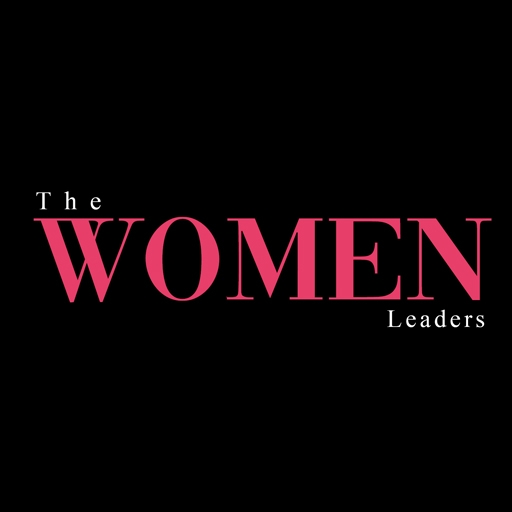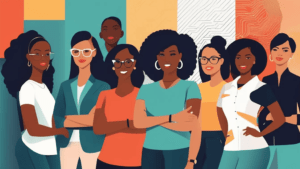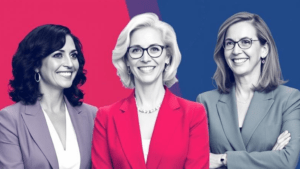
Why Europe's Toughest Decisions Are Now in Women's Hands

Why Europe’s Toughest Decisions Are Now in Women’s Hands
When Europe faced one of its most defining years in recent memory — inflation crunches, energy crises, war on the eastern border — the ones steering the ship weren’t necessarily the usual suspects. They were women.
In 2025, that’s not a milestone. It’s a pattern.
From Brussels to Tallinn: Who’s Running Europe?
Please take a quick scan of the continent’s leadership map, and it reads like a list of firsts. Ursula von der Leyen, poised to secure a second term as European Commission President, is not just a technocrat in Brussels. She is Europe’s crisis general — balancing diplomacy with Ukraine, brokering energy deals, and pushing through a Green Deal that ruffled every primary industrial feather.
Meanwhile, Estonia’s Kaja Kallas — now NATO’s incoming Secretary-General — is something else entirely. Sharp, unapologetic, and anti-Kremlin to the bone, she’s redefined what small-nation leadership can look like. Her presence in NATO signals a clear shift: the West’s frontline is now shaped by someone who remembers Soviet occupation firsthand.
And that’s the point. These leaders don’t lead through charisma or symbolism. They lead because they know how to make hard calls in more challenging times.
Do Women Govern Differently — or Just Better?
It’s tempting to portray female leadership as softer and more collaborative. But recent trends say otherwise. Giorgia Meloni, Italy’s first female prime minister, is no centrist darling. Her nationalist rhetoric and economic policies have a polarizing effect. Yet — she commands Europe’s third-largest economy and holds real veto power in the EU council.
That complexity matters. Women are no longer boxed into being “consensus builders” or “bridge-makers.” They are strategists, dealmakers, and, in some cases, unapologetic populists. The myth of feminine politics as inherently peaceful has long expired.
Instead, what we’re seeing is a strategic edge — leaders like Roberta Metsola (President of the European Parliament) balancing diplomacy with an unapologetic defense of liberal democracy—or Denmark’s Mette Frederiksen, managing strict immigration policies alongside progressive climate action.
In short, these women don’t govern like women. They govern like leaders.
The Quiet Shift in Political DNA
Here’s what goes unnoticed. Women are not just rising — they are institutionalizing. Cabinets across Europe are moving toward parity, not for image, but for performance. Companies and defense alliances are following suit.
Estonia didn’t elevate Kallas because she was a woman. They did it because she was the most qualified — and after proving herself on global security, Europe listened.
Political scientists refer to this as “executive normalization” — the point when seeing a woman in power doesn’t feel novel. Europe is crossing that threshold.
And it’s changing expectations. Young voters, especially Gen Z women, no longer cheer for representation. They expect competence. The bar has moved, and leaders are rising to it.
Crises: The Great Equalizer
War. Pandemic. Energy meltdowns. Ironically, it was global disasters that shook the male-dominated political inertia. During the COVID-19 pandemic, female-led countries such as Finland, Germany (under Merkel), and Norway were praised for their transparency and decisive actions.
That crisis credibility now translates into trust — a currency every politician desperately needs.
Von der Leyen’s swift sanctions on Russia, her calculated push to decouple from Chinese tech reliance, and her €750 billion COVID recovery plan didn’t just emerge from consensus. They emerged from the guts.
And that’s the real takeaway: Women in power aren’t just filling quotas. They are shaping the post-crisis landscape.
So, What Comes Next?
Expect more hardline decisions. Expect to see more women in security and defense roles. Expect less fanfare, more results. The emotional argument for women in power is over. Now it’s economic, strategic, and institutional.
If Europe’s future lies in deeper integration, geopolitical assertiveness, and green innovation — these women aren’t waiting to be asked. They’re drafting the blueprint.
Why Europe’s Toughest Decisions Are Now in Women’s Hands

Five Eyes Ministers Unite Against People Smugglers
Five Eyes Ministers unite against people smugglers in London, announcing coordinated action on border security, asylum processing, and transnational trafficking disruption.

Eurozone Inflation Inches Up to 2.1% in August
Eurozone inflation inches up to 2.1% in August, driven by food and services, while core inflation holds steady at 2.3%, keeping ECB policy on pause.

UK Manufacturing Continues to Contract as Orders and Exports Fall
UK manufacturing continues to contract for the 11th consecutive month, with PMI at 47.0. New orders and exports slipped amid tariff pressures and weak client confidence.

Changing the Dynamic on Diversity in Alternative Investments | Sasha Jensen
Sasha Jensen is the founder and CEO of Jensen Partners, a leading global executive search firm, and Jensen DiversityMetrics™, the enterprise software solution for workforce diversity, equity, and inclusion. As the woman at the helm of both organizations, Sasha is a leading expert on talent markets for capital raising and investment professionals across the alternative investment industry. Jensen Partners’ team of recruitment specialists and data scientists produce the industry’s most comprehensive human capital data and leverage that data to recruit candidates, track workforce trends and accelerate DEI progress industrywide.




















